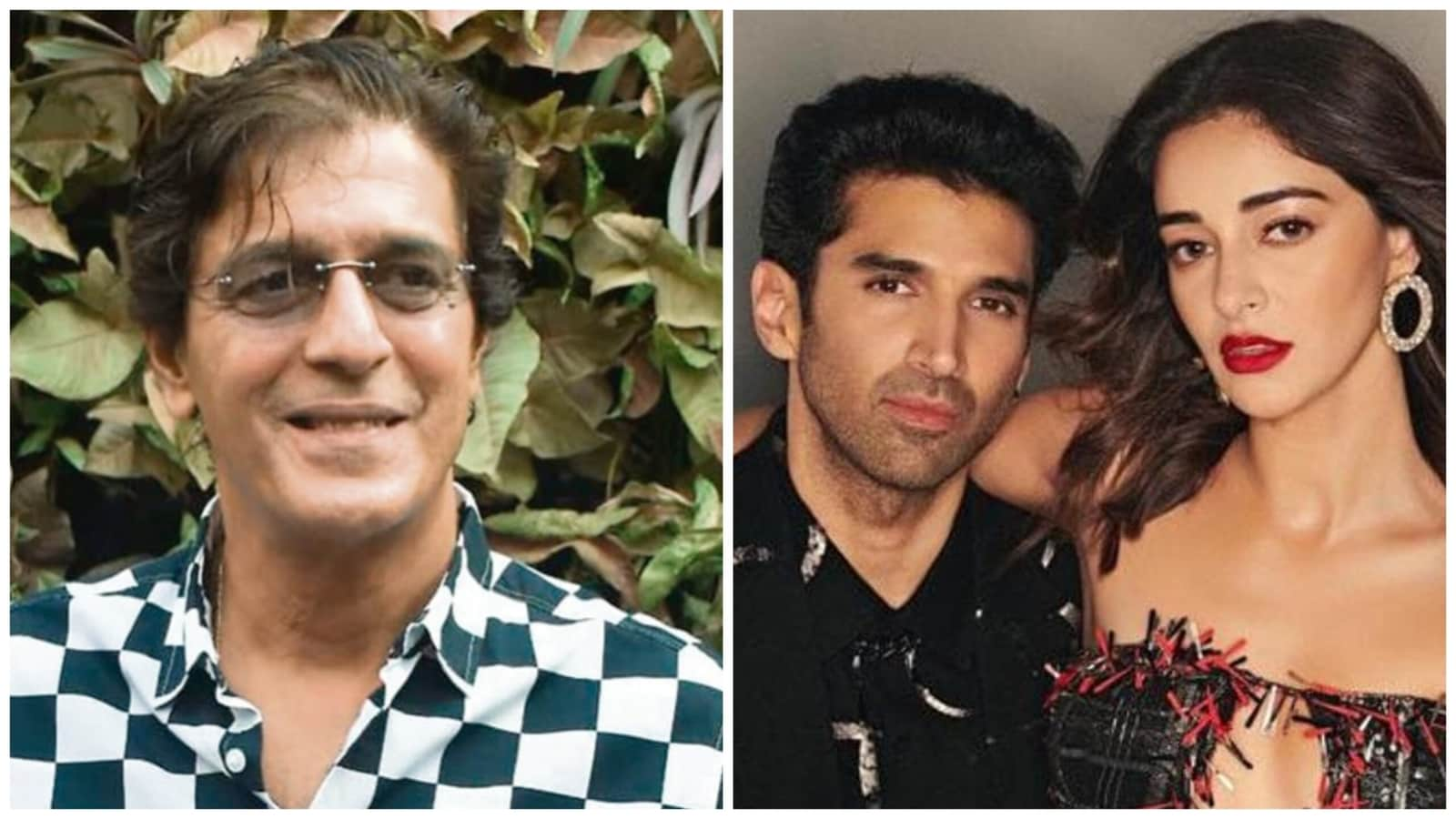
[ad_1]
Noora Niasari’s delicately moving “ Shayda ” puts the viewer in the shoes of an Iranian woman in Australia living in a women’s shelter with her 6-year-old daughter.

The violence happens before we enter the story, and yet actor Zar Amir Ebrahimi’s face and body tells us everything we need to know. Whatever bruises might have been there are gone, but the pain and trauma is palpable. We understand immediately that she is terrified of her husband, of what he’s done and of what he might do, especially as she begins a process that would have been unthinkable in Iran: divorce.
We’re introduced to Shayda (Ebrahimi) and Mona (a heartbreaking film debut for young actor Selina Zahednia) as they attempt to act out what the child should do if her father tries to flee the country with her. It is tense and overwhelming, a delicate dance of conveying danger and urgency without explicitly saying so.
“Shayda” is the directorial debut of Niasari, who based it on her own experiences. She was the young child in the shelter with her mother 30-some years ago. In a director’s statement she said it was her first experience of freedom. Even without knowing this, it’s evident that this is a gaze that isn’t just empathetic. Niasari isn’t just interested in showing Shayda’s fear. There is a considerable amount of the film in which we get to just watch Shayda and Mona being together, playing, dancing, debating haircuts and enjoying one another’s company. It’s a love letter to a mother who was able to preserve some of the magic of childhood during an incredibly difficult time.
With a different storyteller, “Shayda” could have easily been exploitative or manipulative, but Niasari and her actors make it feel like real life. There are no grand monologues overexplaining everything or gratuitous flashbacks of the abuse — they’re not needed, and its more powerful and compelling because of the absence.
As they carefully make their case for custody, Mona’s father Hossein (Osamah Sami) is granted unsupervised time with her. Niasari similarly makes a carefully considered case in depicting him. When we meet him, he is gentle and deferential, but the cracks of jealously and possessiveness and ingrained cultural expectations begin to show in subsequent encounters. Shayda can barely look at him. Meanwhile he’s proposing they go back to Iran immediately.
“Shayda” excels in illuminating the isolation of an abusive relationship, even once there’s been physical separation. Her friends don’t even know where she and Mona have been living. Her mother, on the phone, wonders what she must have done as word of the rift has reached Iran. And yet, even with the pressures, she starts to carve out her own existence away from the suffocating constraints of her home country. She cuts her hair, she goes out dancing, in a briefly joyous sequence, and she even allows herself to flirt with a man. There is a distinct and moving growth arc as she evolves from the wounded bird in hiding who we meet at the beginning.
There is a bit of a movie contrivance (that may still be rooted in reality), in that we’re watching all of this play out during Nowruz, the Persian New Year, in which Shayda and Mona are often in public with people who know both them and Hossein. This, of course, means that he will show up at some point and cause a scene.
His character, however, leaves something to be desired. You understand enough, though, and ultimately this film isn’t about him. During a climactic moment in which he does indeed cause quite a scene, you can hear another man off camera say that he has a right to see his wife (yes, even in this rageful state). It’s kind of a throwaway line but it also says everything about the uphill battle that she faces just trying to separate from him. In a different scene, Hossein reminds her in no uncertain terms that she’d be killed in Iran for her actions.
“Shayda” is set in 1995 and yet still feels quite relevant, and not just for Iranian women. In Niasari, we have a brave and distinctive new filmmaking voice and I can’t wait to see what she does next.
“Shayda,” a Sony Pictures Classics release in theaters Friday, is rated PG-13 by the Motion Picture Association for “thematic material, domestic abuse, some violence, language.” Running time: 118 minutes. Three stars out of four.
[ad_2]
Source link









